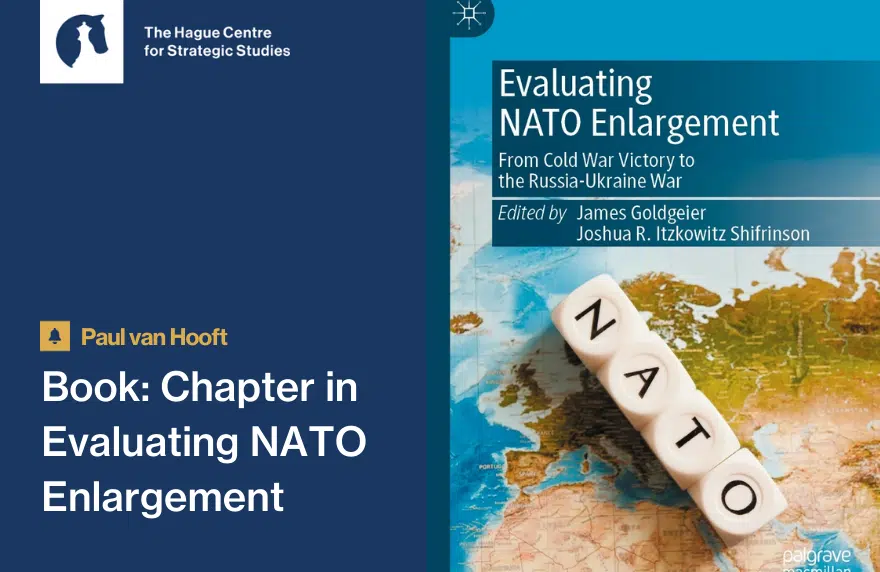In this book chapter in the new book ‘Fear and Uncertainty in Europe’, HCSS senior strategic analyst Paul van Hooft and Annette Freyberg-Inan (University of Amsterdam) argue that realism is a powerful theory that explains broad, long-term patterns of state behavior and systemic outcomes in Europe.
Abstract
Since the end of the Cold War, realism has received little serious attention within the European International Relations literature and has been dismissed as insufficient to explain the most important developments and events in Europe and the world. We argue that this treatment has been unfair. In fact, we consider realism a powerful theory that explains broad, long-term patterns of state behavior, as well as systemic outcomes. The key contribution of realism is its understanding of the constraining and enabling role of the international distribution of power, which represents a decisive initial sorting stage for the choices that states can make. However, in line with neoclassical realist authors, we argue that to explain and predict state behaviour more precisely, the domestic distribution of power, ideas, interests, and institutions need to be taken into account. In any case, power disciplines states and other actors when their leaders fail to adequately recognise their place in the international system. Unlike rival theories, the attention of realists to the impact of the disproportionate power of the United States on the international system allows them to explain a series of developments: the end of the Cold War; the transformation of the global order; the lack of major power conflict; and the re-emergence of inter-state competition in Europe and globally. We conclude by emphasizing the importance of considerations of power for policymaking within Europe.
Read the entire book chapter here.
Paul Van Hooft and Annette Freyberg-Inan, “Europe May Be Done with Power, but Power Is Not Done with Europe: Europe During an Era of American Unipolarity and of Relative Decline,” in Fear and Uncertainty in Europe (Springer, 2019), 53–81.




